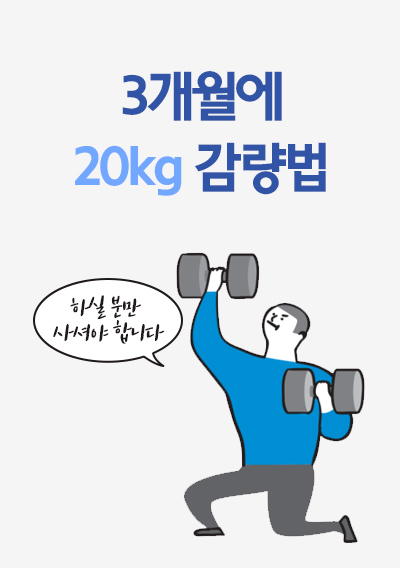* 본 문서는 배포용으로 복사 및 편집이 불가합니다.
서지정보
ㆍ발행기관 : APEC국제교육협력원
ㆍ수록지정보 : 국제교육협력연구지 / 1권 / 2호
ㆍ저자명 : 최성우, 김영환, 차중찬
한국어 초록
21 세기의 사회변화는 인류 구성원들에게 자기주도적 학습능력, 창의적 문제해결력 및 테크놀로지 활용 능력 등과 같이 새로운 핵심역량을 요구하고 있다.APEC 회원국의 교육관련 전문가들은 21 세기 핵심역량으로서 평생학습(life longlearning), 문제 해 결 력 (problem solving), 자기 관리 (self-management) , 팀 워 크(teamwork) 등으로 정의하였다. 본 연구는 회원국의 차세대들이 성공적인 삶을영위하기 위해 필요한 핵심적인 능력이 무엇이고 또 그 능력을 어떻게 개발할 수있는가에 대한 교육공동체 차원의 고민과 논의를 정리하여 제시하였다. 특히 교육협력체로서의 회원국들이 교육과제들을 함께 해결하고 협력하는 방안에 대해고찰하였다. 21 세기 접어들면서 APEC 교육협력사업을 통해 선도적 역할을 수행해 온 우리나라의 활동 현황과 21 세기 핵심역량 개발을 위해 회원국과 협력하고또 이에 대한 국내의 대응 전략 등을 탐색해 보았다.
영어 초록
A broad consensus is emergmg about the critical need for students to have 21st century competencies such as self-directed learning, problem solving and technological sense, nearly a decade into the 21st Century. The paper attempts to demonstrate the educational experts' common considerations about what the competencies are and the collaborative strategies how to help students to develop them for the successful life in the century. In preparation survey for the 4th APEC Education Ministerial Meeting (AEMM) in 2008, many APEC Member Economies identified four overarching competencies: lifelong learning, problem solving, self-management, and teamwork. Specific competencies to be developed within the EDNET priority areas were also acknowledged by APEC economies: a) Mathematics: competencies and skills related to problem solving, development of abstract thinking and decision making; b) Science: following the framework presented by Brunei Darussalam, Science teaching comprises: scientific knowledge and concepts within the different disciplines or areas (physics, chemistry, natural sciences, etc.); scientific process skills like research skills; and science attitudes and values, like curiosity, environmental awareness, ""concern for living things"", among others.; c) Language learning: communication skills like listening, speaking, reading and writing; d) CTE (Technical education): in general, employability, entrepreneurship, teamwork and lifelong learning skills; however, most cases competencies depend on each specific career; e) Information and communication Technologies (ICT): using technologies as a tool for communication, and lifelong learning.. The study focuses on the member economies' collaborative approaches and sharing strategies as an educational cooperation for APEC prosperity. APEC projects can help guide Economies'' in reexamining their education systems in the 21st Century priority areas by identifying projects in the following systemic topics: 1) standards and assessments; Standards should identify what students ought to know in core content areas and ensure that students are demonstrating the development of 21st Century competencies over time. Open-ended assessment items that measure content mastery and the application of knowledge learned to real world contexts through problem solving should be incorporated. 2) Teachers and instruction; Teacher recruitment, preparation, certification and ongoing professional development should include instruction on how to embed opportunities for students to develop 21st Century competencies in the core curriculum. Teachers should also be trained to implement and capitalize on ICT solutions that will, in the long-term, facilitate systemic reform. 3) Policies and Research; Research on the knowledge, skills, attitudes and values most highly correlated with student success in the 21st Century economy should inform Member Economies" domestic policies related to standards, assessment, teacher quality and instruction, and inform the direction of EDNET projects. 4). Resources and Tools; ICT, in particular, provides the opportunity for teachers and students to gain access to expanded knowledge, personalized instruction, and learn by ""doing"" through on-line simulations. Virtual and online exchanges are also useful for building learning communities and share best practices. It also includes the historical and current activities of Korea as a leader of educational collaboration and suggested some specific planning ideas for future development.
참고 자료
없음




